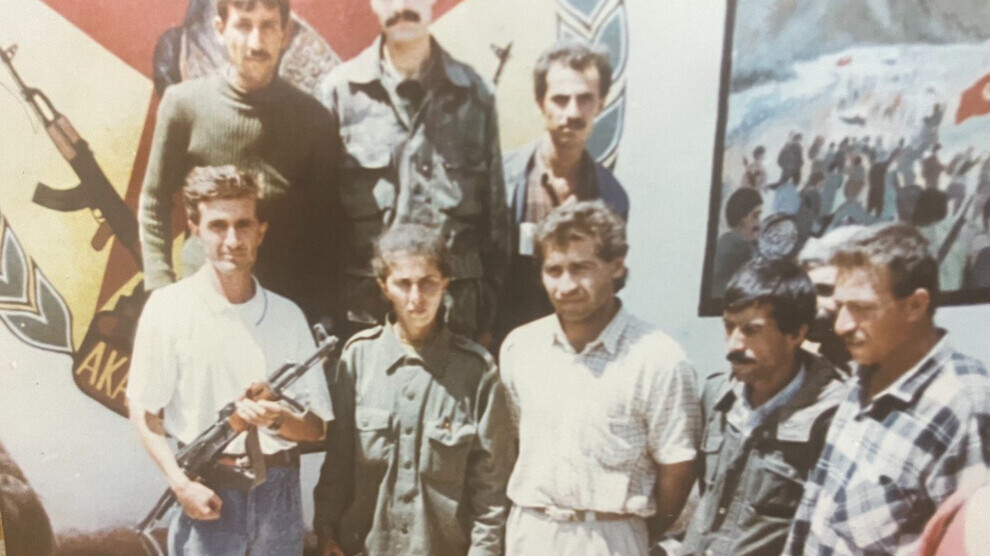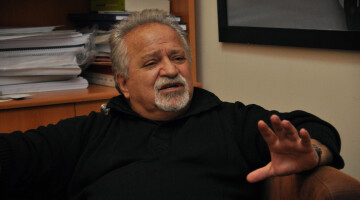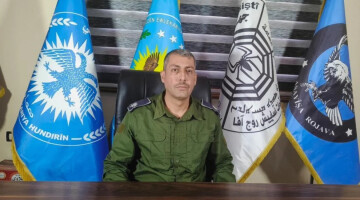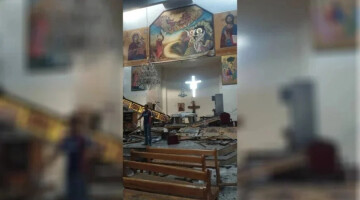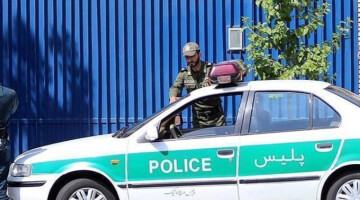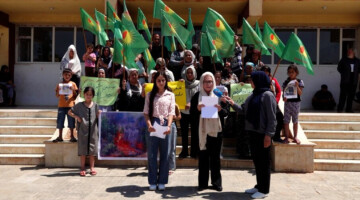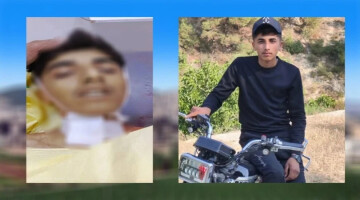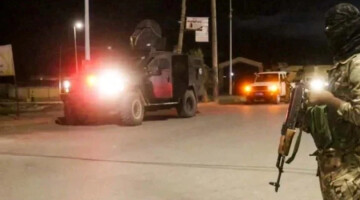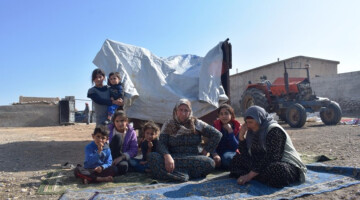Kurdish revolutionary Sakine Cansız (Sara), co-founder of the PKK and a leading figure in women's struggle, was murdered on 9 January 2013, along with Fidan Doğan (Rojbîn) and Leyla Şaylemez (Ronahî) in Paris by a hitman from the Turkish Secret Service MIT. Yet, martyrs live on in the memories of millions of people.
Salîm Omer shared his memories of Sakine Cansız in this ANF interview. Salîm Omer lived in Damascus between 1977 and the Rojava Revolution. He got to know the PKK in 1980. At this time, the PKK had retreated to Syria to reorganize and prepare for the liberation struggle. This triggered a process of awareness among many Kurds, including Salîm Omer.
“Heval Sara changed the path my life”
Omer said: “The discussions about returning to North Kurdistan took place in 1982-1983 because the resistance in the prisons was under huge pressure. It was decided that a new way of fighting was necessary. It was in such an environment that I saw Heval Sara's photo in a magazine. Of course, I didn't know who she was at the time. But the photo caught my attention. It was a photo of two women. When I asked, I was told that she was Sakine Cansız, one of the founders of the PKK. With Sakine Cansız I realized that there were women in the PKK. There were no women in the parties in Rojavayê Kurdistanê. The reason for my association with the PKK was that it was different from other Kurdish movements. Heval Sara was both a woman and a leading figure. I was particularly impressed when I heard about their resistance to torture in the Amed prison. That changed the path of my life.”
“She changed people”
In 1992, the PKK leadership was in Lebanon. There, Omer Abdullah visited Öcalan and met Sakine Cansız for the first time. Omer said: “I had the opportunity to visit Rêber Apo [Abdullah Öcalan] in 1992. I also met Heval Sara there. A friend pointed to Heval Sara and said that she had just been released from prison and had just arrived there. The first thing that came to mind was the photo published in this magazine. That photo is burned into my memory. She was just as impressive as in the photo. I walked up to her and told her that I wanted to take a photo together. She was happy and we took a photo together. I still have the photo with me. The enthusiasm of the people, the presence of such a large crowd made Heval Sara happy. People's joy gave her morale and enthusiasm. She was as happy as the people.
Everyone wanted to see Sakine Cansız. At that time, no woman had ever been seen to put up so much resistance. People who knew the freedom struggle closely had heard that she did not submit to the Turkish state's torture and spoke of it with pride. The knowledge that she was one of the founding figures of the PKK increased people's solidarity. Heval Sara was a role model.”

“We are indebted to her”
Omer continued: “The resistance of Heval Sara went down in history and became legendary. She was a determined, great and resilient leading figure and revolutionary. She was a hard-to-find symbol and role model for society. She showed us the way. Her death was a great loss and we are still in mourning to this day. The fact that she fell affected us deeply, but it also made our people stronger. She had a fearless and free spirit and was a comrade of Rêber Apo. As long as we breathe, we are indebted to revolutionary figures like Heval Sara and will follow them.”

